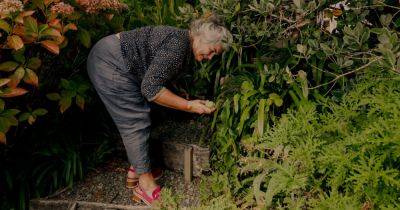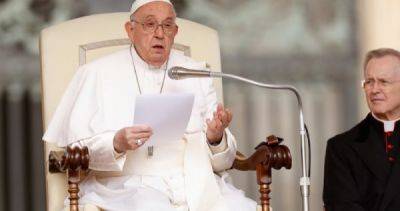Suharto’s mate: how a little-known Australian became a secret go-between for Indonesia’s leader and the West
“Clive’s role in history has been very much obscured and underrated all this time,” said Shannon Smith, author of the first-ever biography of Williams, Occidental Preacher, Accidental Teacher: The Enigmatic Clive Williams.
“Though he was referred to by name in the cables that the US embassy in Jakarta sent to Washington, Australian top diplomats concealed his identity by using a special code when discussing him.”
Army general Suharto first took control of the country in 1966, following a failed coup that he blamed on the communists. In 1967, he was named acting president before being appointed to office the following year. He went on to govern the archipelagic nation with an iron fist until he was toppled by a protest movement in 1998.
Smith said there was no doubt as to Williams’ role as a “backchannel”.
“In the 1970s, Clive was the important go-between for Jakarta and Canberra in the lead-up to Indonesia’s invasion of East Timor and its aftermath,” Smith said, adding that Williams’ services would be called upon again when relations between the neighbouring countries reached a nadir following the Santa Cruz massacre on November 12, 1991.
Historian Adrian Vickers at the University of Sydney said unofficial intermediaries or brokers had always played an important role in the history of contact between Indonesia and the rest of the world.
“There’s a long history of cultural brokers with the important language and cultural skills that officials often lack,” he said, adding that because they were “unofficial”, they afforded their masters the useful element of “deniability”.
“For as long as we have records, there have been traders, interpreters or people who just happened to be on the spot.”
Amsterdam-based historian Joss Wibisono







